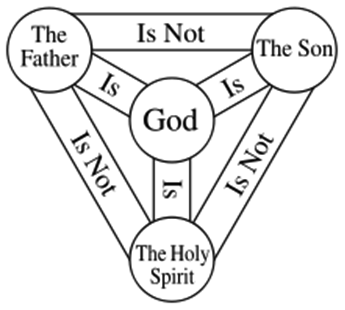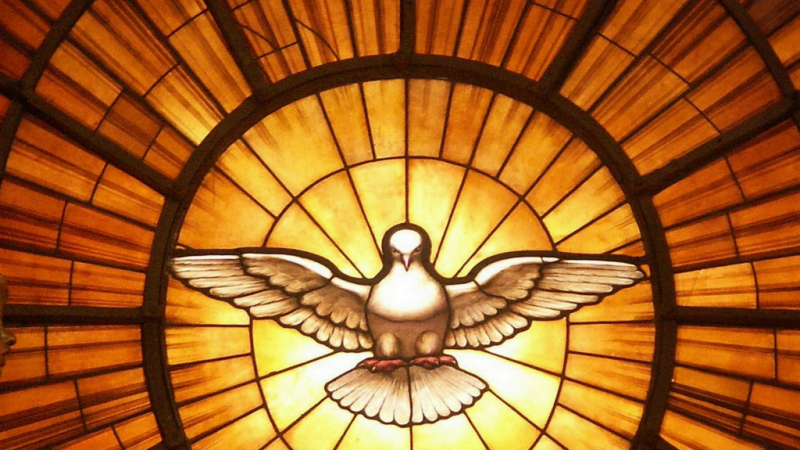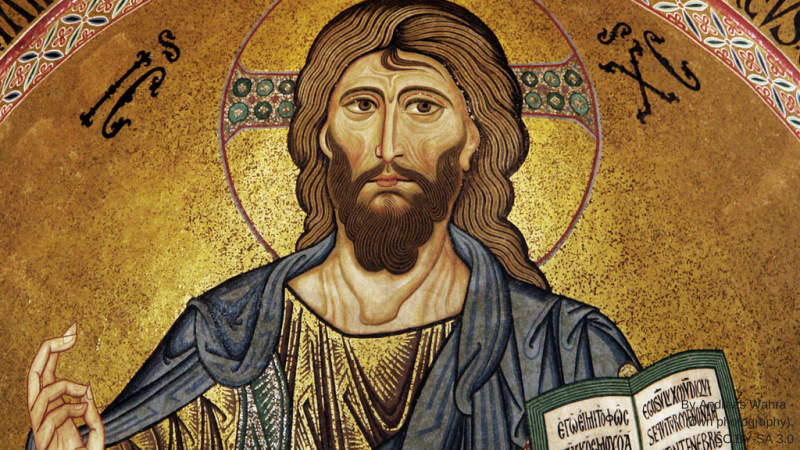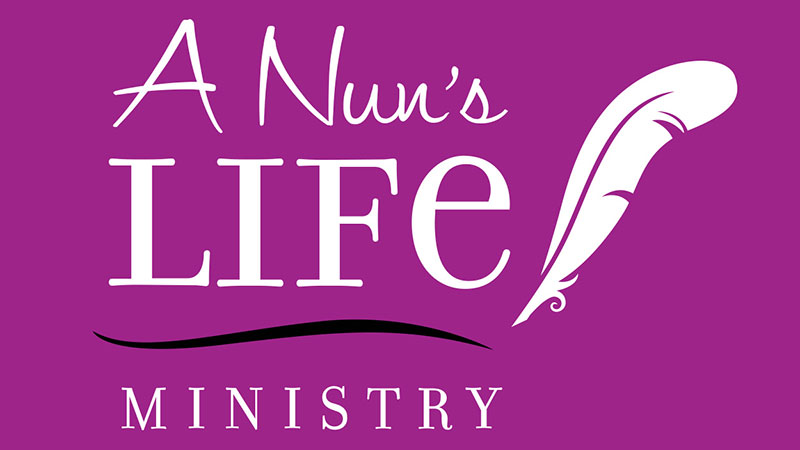Reflect:
The Catholic Church teaches the doctrine of the Holy Trinity. The Godhead contains three distinct and separate persons. The Father, the Son, and the Holy Spirit are not three Gods, but one God in three persons. “The Divine persons do not share the one divinity among themselves but each of them is God whole and entire.” (Catechism of the Catholic Church §253)
“During the first centuries the Church sought to clarify its Trinitarian faith, both to deepen its own understanding of the faith and to defend it against the errors that were deforming it. This clarification was the work of the early councils, aided by the theological work of the Church Fathers and sustained by the Christian people’s sense of the faith.” (Catechism of the Catholic Church §250)
Even though the word Trinity cannot be found anywhere in scripture there are numerous references to the Father, the Son and the Holy Spirit in the New Testament. In the Old Testament the Father and the Holy Spirit are evident, but the Son is only alluded to. The early church struggled to put together a workable definition for the concept of a triune God. It was not until the First Council of Nicaea in 325 that the Trinity became part of church doctrine and a century or more later that the doctrine of the trinity took on the form it has maintained ever since.
As mentioned earlier, the doctrine of the Trinity is not plainly revealed in the Old Testament; it is only alluded to. Without the teaching of the New Testament one would not be aware of the concept of a triune God. One of the clearest Old Testament indicators of the Trinity is found in the book of Isaiah. In chapter 48, verse 16 it can be argued that it is the Son speaking. He refers to God (the Father) and to the Spirit. In the next verse the Son is identified as the Lord your God.
“Draw near to me, hear this! From the beginning I have not spoken in secret, from the time it came to be I have been there. And now the Lord God has sent me and his spirit. Thus says the Lord, your Redeemer, the Holy One of Israel: I am the Lord your God, who teaches you for your own good, who leads you in the way you should go” (Isaiah 48:16-17).
Other statements in the Old Testament allude to God being with others of the same rank when the plural form of the word for God is used.
“The Hebrew word for God is Elohim. Elohim is a plural noun but it is used here with a singular verb bara. In the remainder of the Old Testament, when Elohim speaks of the true God, it is always used with a singular verb. The conclusion to be drawn is that in some sense God is both singular and plural. The doctrine of the Trinity states this – within the nature of the one God there are three eternal persons” (quote from Don Stewart, "The Bible Explorer").
“Then God said, "Let us make humankind in our image, according to our likeness; and let them have dominion over the fish of the sea, and over the birds of the air, and over the cattle, and over all the wild animals of the earth, and over every creeping thing that creeps upon the earth" (Genesis 1:26).
There are many obvious references to a triune God in the New Testament. Two of the best known examples are the following:
“And after being baptized, Jesus went up immediately from the water; and behold, the heavens were opened, and he saw the Spirit of God descending as a dove, and coming upon Him, and behold, a voice out of the heavens, saying, "This is My beloved Son, in whom I am well-pleased." (Matthew 3:16-17)
"Go therefore and make disciples of all the nations, baptizing them in the name of the Father and the Son and the Holy Spirit." (Matthew 28:19)
Although the belief in the Trinity is part of church teaching and is confirmed every Sunday when the Creed is recited at Mass it is difficult to articulate what this really means. A complete understanding of this doctrine is beyond the finite human mind to comprehend, but one can glean a number of truths from the teaching of a Triune God. Even though they are individuals with distinct characteristics and responsibilities the Trinity always exists in complete harmony. From this one can deduce humankinds’ need for others if life is to be worthwhile, and in the possibility for cooperation and peace to exist among all people. Ultimately though, one must accept the doctrine of the Trinity on faith and be content to rest in the mystery of God.

Consider:
The mystery of the Trinity:
- Three distinct persons in one God
- Each person with individual characteristics and responsibilities
- Each person in cooperation and unity
Today I will send time with the Holy Trinity in prayer.
Today I will ponder each person of the Trinity.
Today I will strive to live in harmony and unity with those with whom I share this planet.
Question:
- What does the doctrine of the Trinity say about God?
- How is the teaching of the Trinity alluded to in the Old Testament?
- Why do we need the New Testament to see examples of the Trinity in the Old Testament?
Pray:
Glory be to the Father, the Son and the Holy Spirit,
Creator, Savior and Sanctifier.
You have loved me from all eternity
And at the decided hour set my feet upon this earth
Lead me, I pray, in the way that I should go.
Help me to glorify you always through all of my actions.
Amen.



